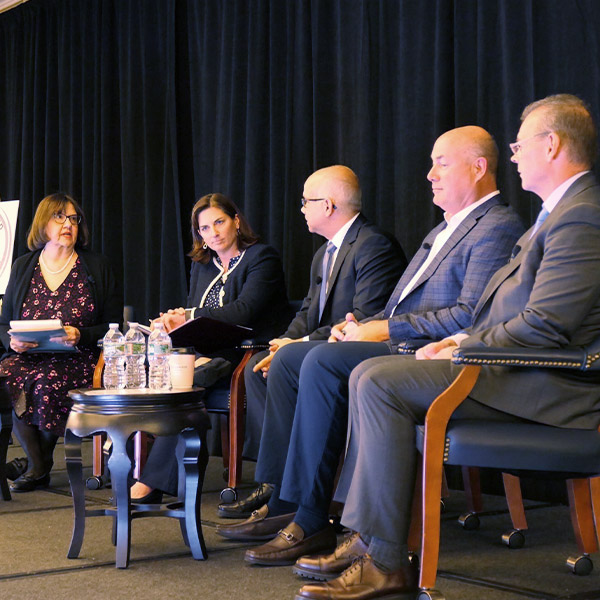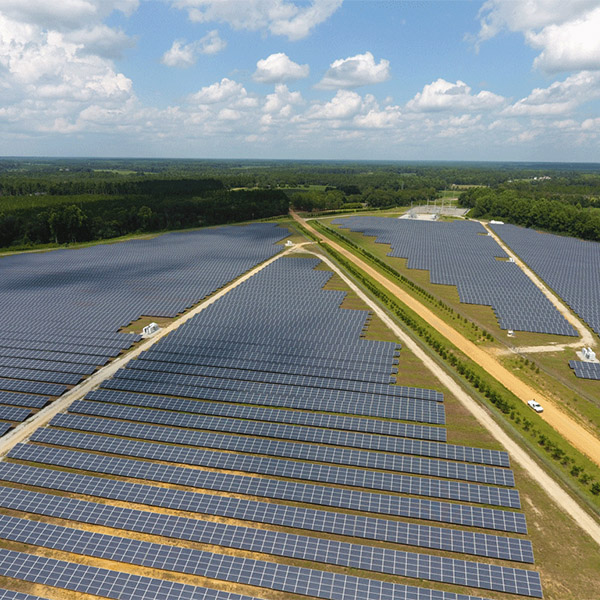New England Power Generators Association (NEPGA)
FERC accepted ISO-NE’s proposal to increase the collateral requirements for generators participating in its capacity market, rejecting the New England Power Generators Association’s arguments that the changes violate the filed rate doctrine.
New England transmission owners no longer can require interconnection customers to pay operations and maintenance costs for required system upgrades, FERC has ruled.
Massachusetts Gov. Maura Healey emphasized the importance of collaboration among Northeastern states, provincial governments, energy companies, and labor groups at the New England Energy Summit.
A recently filed proposal by ISO-NE to increase the collateral requirements for generators with capacity supply obligations has received strong pushback from the New England Power Generators Association.
New rules proposed by the New Hampshire Public Utilities Commission would “unduly exclude” companies and organizations from participating in its proceedings, according to a coalition of power generators, consumer advocates and environmental organizations.
ISO-NE responded to stakeholder feedback on its capacity auction reform project at the NEPOOL Markets Committee meeting, providing clarity on the scope of its capacity market overhaul.
Massachusetts’ 2023/24 legislative session closed in the morning of Aug. 1 without any significant climate or clean energy legislation despite broad agreement on proposed clean energy permitting and siting reforms.
As ISO-NE undertakes major capacity market accreditation reforms, New England storage developers are voicing concerns that potential flaws in the RTO’s modeling methodology could discourage new investments in storage resources.
With the end of Massachusetts’ legislative session looming, lawmakers are on the clock to reach an agreement on a major climate bill centered around clean energy permitting and siting reform.
NEPGA and CPV offered amendments to ISO-NE’s proposed changes to the financial assurance provisions for the Forward Capacity Market.
Want more? Advanced Search










